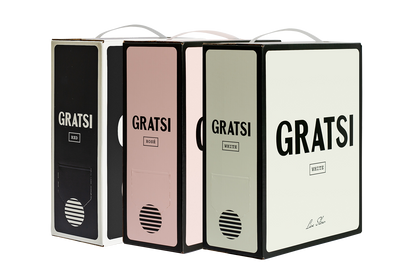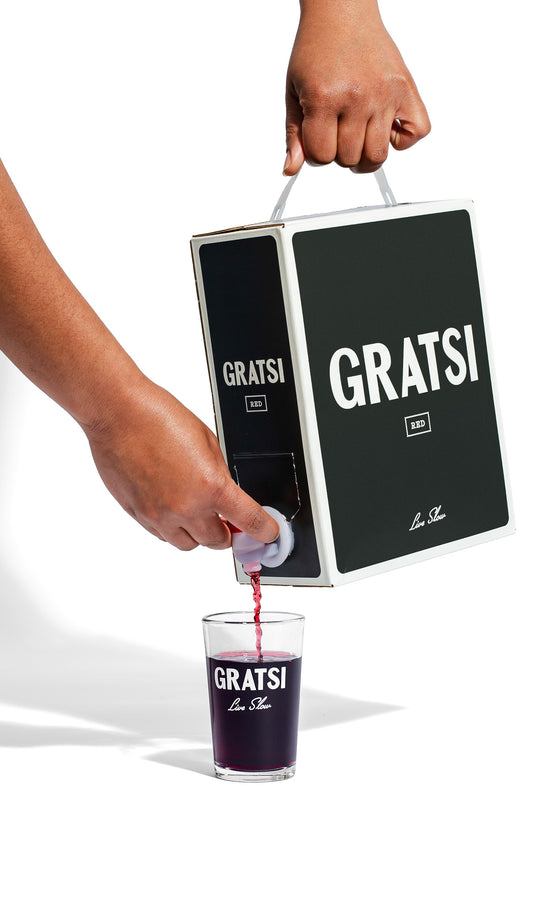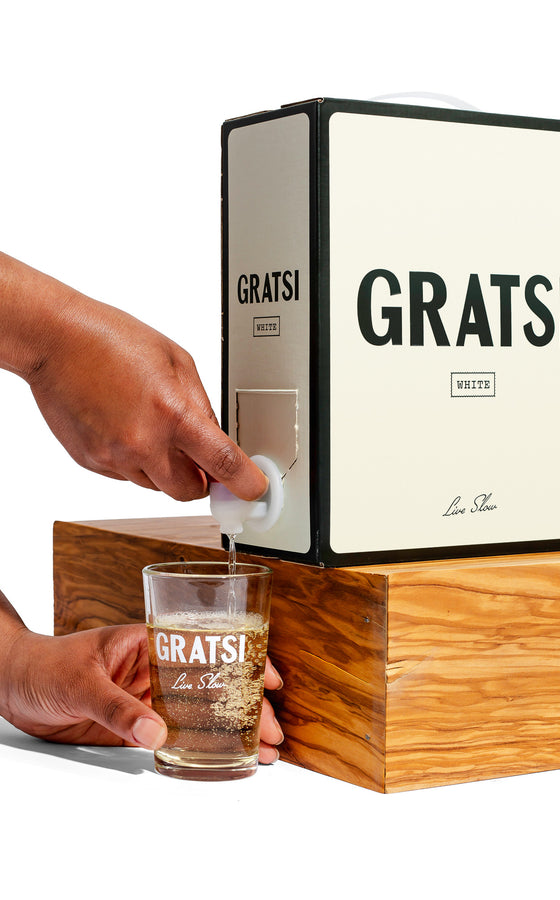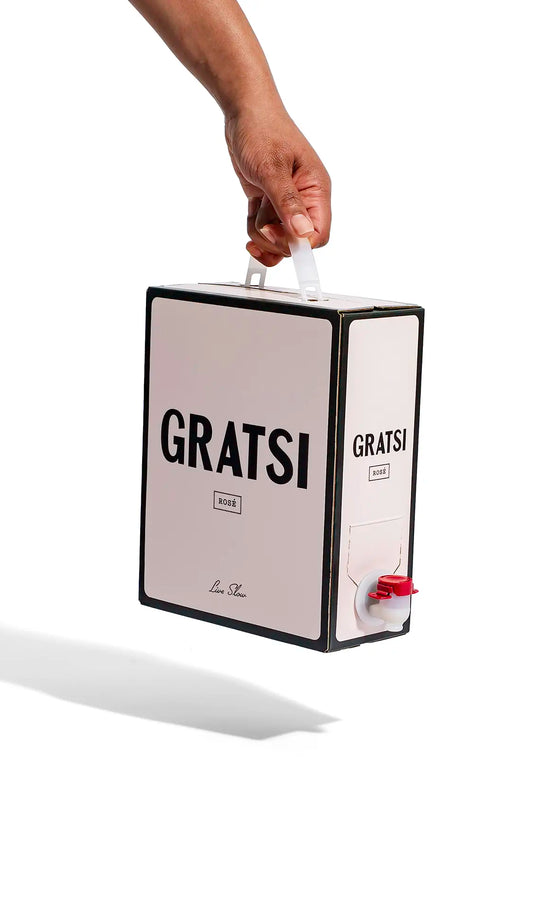The Rituals of Toasting

Cheers!
The Rituals of Toasting
By Antonia Fest
May 24, 2023
There is a feeling of purity and unity when friends and loved ones gather together to raise a glass. A universal gesture, a toast with a drink in hand is linked only to good intentions for others. Toasts can be intimate moments where wishes are whispered as glasses are clinked. They can also be wild exclamations which are roared across rooms as wine sloshes out of precariously held glasses. They can wish someone well in life, luck and love. They can be bellowed in unison, sang in celebration or offered with sincerity to loved ones.
In France, Spain and Italy, 3 countries renowned for their excellent alcohol and their emphasis on togetherness, toasting can almost be a daily occurrence. Each of these nations has its own drinking traditions although many are also aligned. Here we explore the origins, the customs and the rules of toasting in the southern Med.
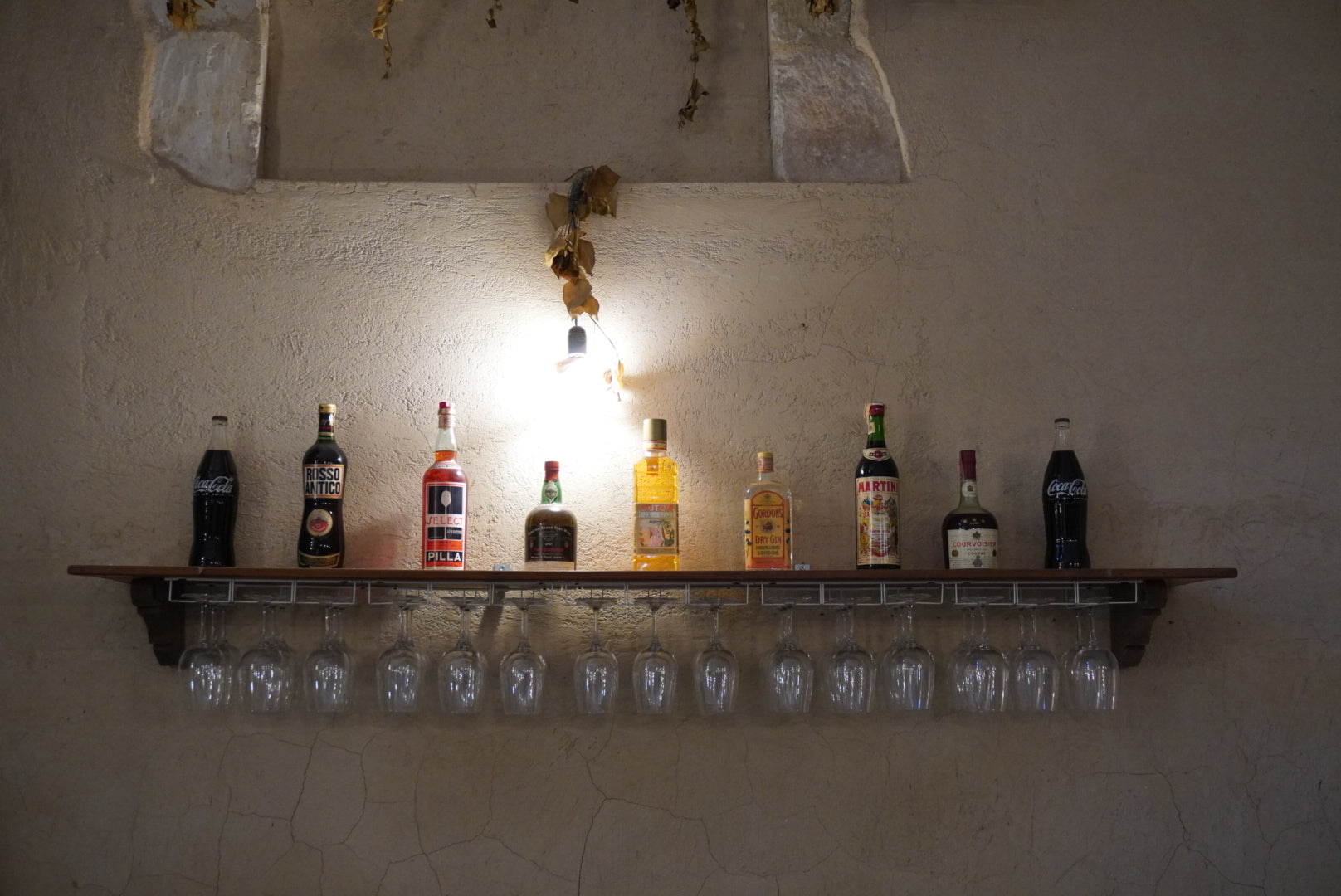
ITALY
Head to any bar or piazza at golden hour and you will see table after table dotted with varying drinks from bright orange spritzes to deep red wines. As you walk through the crowds, you’ll hear the local’s chatter peppered with ‘Cin cin’ and ‘salute’, which are the two most common toasting words in Italy. The former is meant to recall the sounds of glasses clinking together whilst the latter is literally translated to ‘health.’ In Italy, raising a glass to one’s well-being ties into the country’s core values surrounding friendship and family. When this one simple word is combined with a raised glass, there is a hovering gratitude towards the happiness and welfare of oneself and one’s companions.
When toasting in Italy, there are some rules to follow in order to cast away any risk of bad luck:
- Do not cheers with water
- Do not toast with an empty glass
- You must always look at your fellow toasters in the eye when raising your glass
- You cannot cross your arm over another person’s arm to complete the toast
Other than wine, Italians will commonly be toasting with:
- Prosecco
- Aperol Spritz
- Negroni
- Campari
- Bellini
- Americano

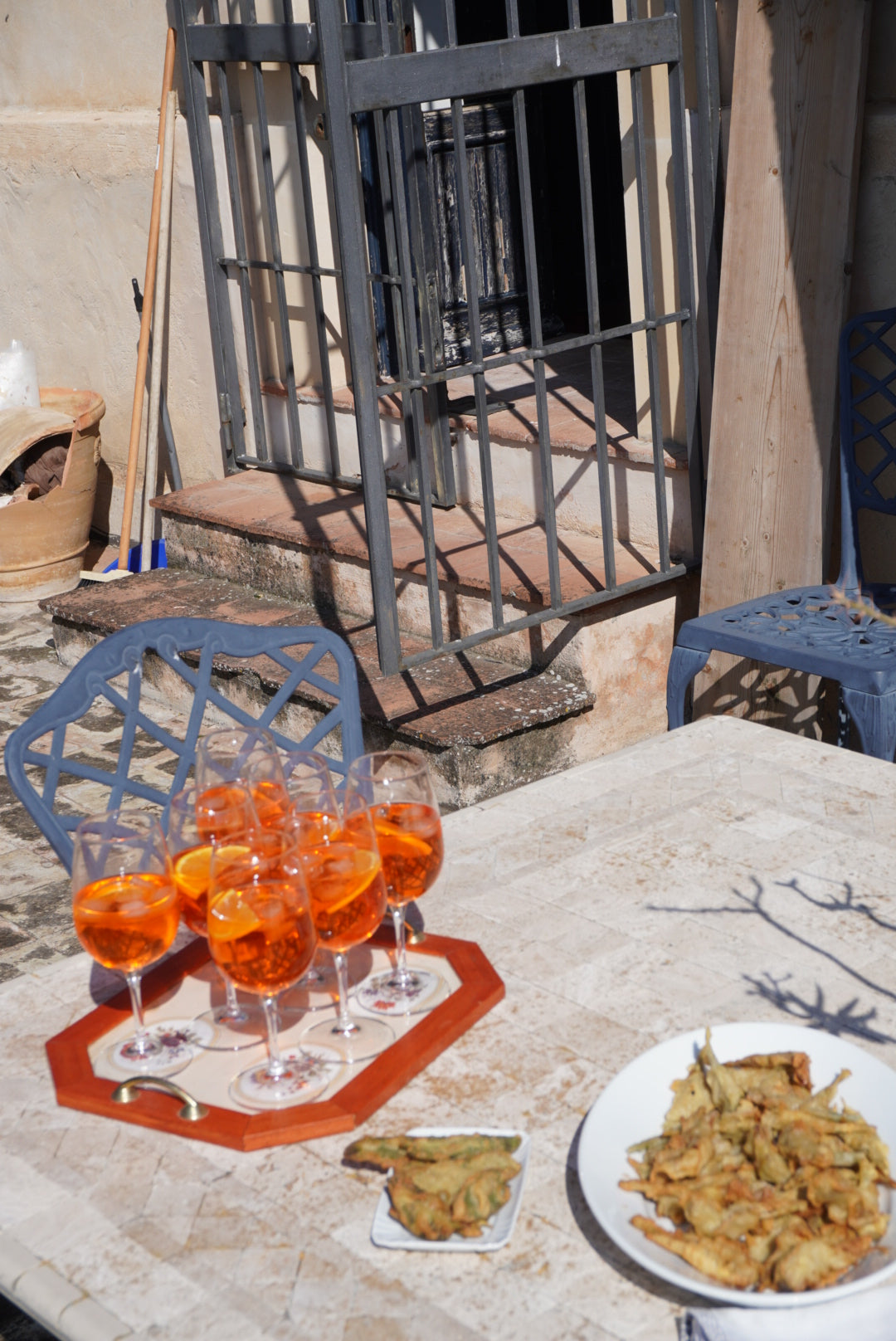
FRANCE
As with Italy, France’s main toasting exclamation – ‘Santé’ – refers to the good health of their drinking companions. An elaborated version of this would be À ta santé / À votre santé (to your health). The French do not shy away from toasting, cheersing, wining and dining, and they even have nouns for those who excel in the art of drinking: un trinqueur / une trinqueuse are the names dedicated to experts of the toast. This specialised vocabulary is testament to how seriously the French take their joy. This is found in togetherness and celebration, along with excellent quality alcohol. However, such purity of intentions is not applicable to the origins of some French toasting rituals. According to medieval legend, cups of alcohol would be clinked together, and liquid would be poured from one vessel into the other. This was to ensure that neither toaster had poisoned the other. Whilst this is no longer the principal reason for raising one’s glass, the conviviality of this longstanding tradition has remained.
France also applies some unspoken rules to their drinking and toasting culture:
- Never toast with any non-alcoholic beverages
- Eye contact is also important in French toasting
- Never toast or drink with ice in your wine
- After toasting, you must take a sip. Do not put your glass down straight away.
- When toasting with hard liquors and you hear the exclamation ‘cul sac’ (dry bottom), you must drink your glass dry!
Other than wine, the French will commonly be toasting with:
- Champagne
- Pampelle
- Cognac
- Armagnac
- French 75

SPAIN
It may come as no surprise that the predominant exclamation in a Spanish toast corresponds with that of Italy and France. In Spain, you will hear Salud as the main expression which, once again, honors the health and wellbeing of drinking companions. Furthermore, the Spanish word for ‘toast’ is ‘brindis’ which is tied to the German ‘bring dir’s’ meaning ‘I offer you.’ In this context, it can refer to offering a drink but also well wishes to others. It is proof of the generosity of spirit which courses through all facets of Spanish culture. Beyond this, toasting is a gesture of luck and the customs which accompany it are set in place to prevent any bad omens from disturbing the party.
The rules of toasting in Spain must be strictly obeyed:
- If you toast with water, it will bring you 7 years of bad luck
- If you toast without making eye contact, you have 7 years of terrible intimacy
- Clinking glasses are a must — it comes from the ancient belief that consumption should engage all the senses, and the sound of the cheers inaugurates the act of drinking.
Other than a classic glass of wine, Spaniards will commonly be toasting with: - Sangria
- Cava
- Vermouth
- Cerveza
- Sherry
- Port


